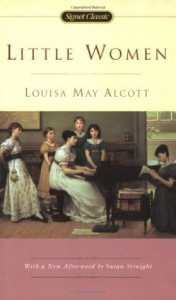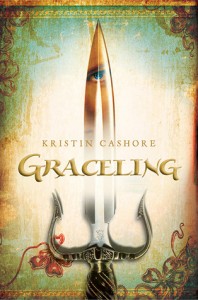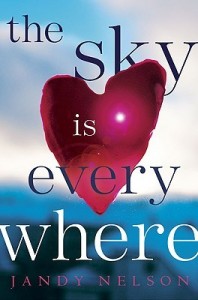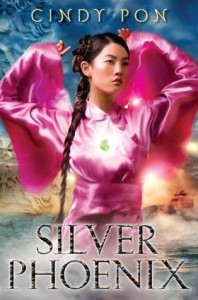Tell me if this sound familiar.
Young woman in a YA novel meets young man. He’s rude to her, maybe even outright mean. He might talk to her in a demeaning or condescending way. He doesn’t seem to care about what she wants because his agenda is the only important one. He’s probably done some things that make him morally questionable. Said young woman notices all these shady characteristics about him.
But he’s hot, and has a mysterious air about him. Maybe she suspects he has some sort of special power. So the young woman hangs out with him willingly or allows herself to be coerced into spending time with him. As she gets to know him, she’s impressed by his piercing eyes or muscular physique. And that time he flashed a perfect smile at her just made her heart skip a beat.
Young woman clings to every small act of kindness he shows her or anyone else. Maybe he even saved her from some terrible fate that was brought on by either her own stupidity or his arrogance. He mostly still acts like a jerk, though. But he’s really, really hot, and now she knows there’s something special/unique/supernatural about him. So she lets him brush a lock of hair out of her face and gently caress her face. Maybe she lets him kiss her because even though the kiss was originally forced on her, once it’s happening, it’s just so magical.
Recognize this scenario? Feeling sick yet? Because I feel like this type of relationship is in soooo many YA books I’ve been reading lately, particularly, but not exclusively, paranormal romances. I blame Stephenie Meyer, but moreover I blame our culture.
(A note on the Twlight series. I’ll fully admit I loved the books. They sucked me in from the start and I devoured them. I’ve read them several times and still enjoy them. Intellectually I can recognize the issues of the whole Edward/Bella relationship, but when I first read these stories, I just didn’t care. I wanted them to be together. Here’s the thing, Stephenie Meyer tackled this type of relationship better than all these other books I’ve been reading and rolling my eyes over. I didn’t roll my eyes when I was reading the Twilight books–though I can’t say the same for the movies! And she did it before all these other books, so they just come across as knockoffs that aren’t nearly as successful. I also found Edward to be a more nuanced character than the young men in other books.)
Back to our culture. We’re raising our young men to think it’s okay to treat women like a means to an end, like objects, like something that is theirs to use as they see fit. And if they’re hot, rich, and white then it’s even more okay. Just as bad, we’re raising our young women to think it’s okay, even desirable, to be treated this way.
And it’s not okay…let me repeat, it’s not okay! A man treating a woman this way does not make a healthy relationship, and it certainly isn’t love, not the mutual, respectful kind of love that is true.
I get that novels serve many purposes and one of their main functions is to entertain. I’m not saying we can’t have dysfunctional relationships in books or that every book needs to set an example for young people. There are certainly YA novels out there that show healthier love than my above example, and it’s okay to read novels with this type of love in them.
My problem with this type of relationship is how normal is has become in YA novels. So normal that it’s almost become a cliche. It feels like every other YA book I pick up has this in it (one of the reasons I’ve have more DNFs–did not finish–on my reading list in the last year than ever before). Yet the characters in these books never seem to think the unbalanced relationship is a problem. No one else recognizes there is a problem, and if they do, they’re opinions are quickly dismissed.
Young women are voraciously reading these novels. I want these young women to know that it might be fun to read about these kinds of relationships, but that it’s not okay to be in one of these types of relationships. I want young men to know that this is not how they should be treating women. I want YA authors to understand that they are writing their characters this way and think about the impact they might be having on young readers.
Okay, I’ve said my peace. Rant over. What are you thoughts on “love” relationships in YA?























